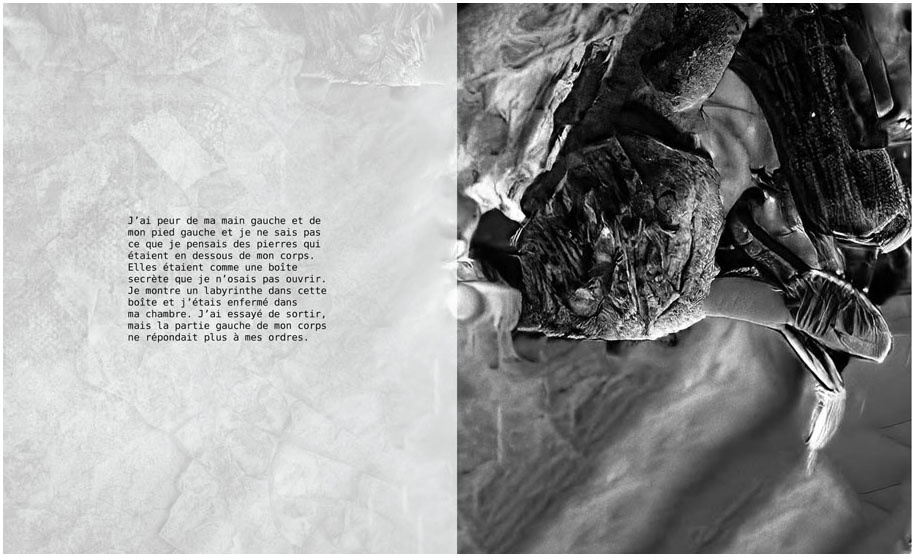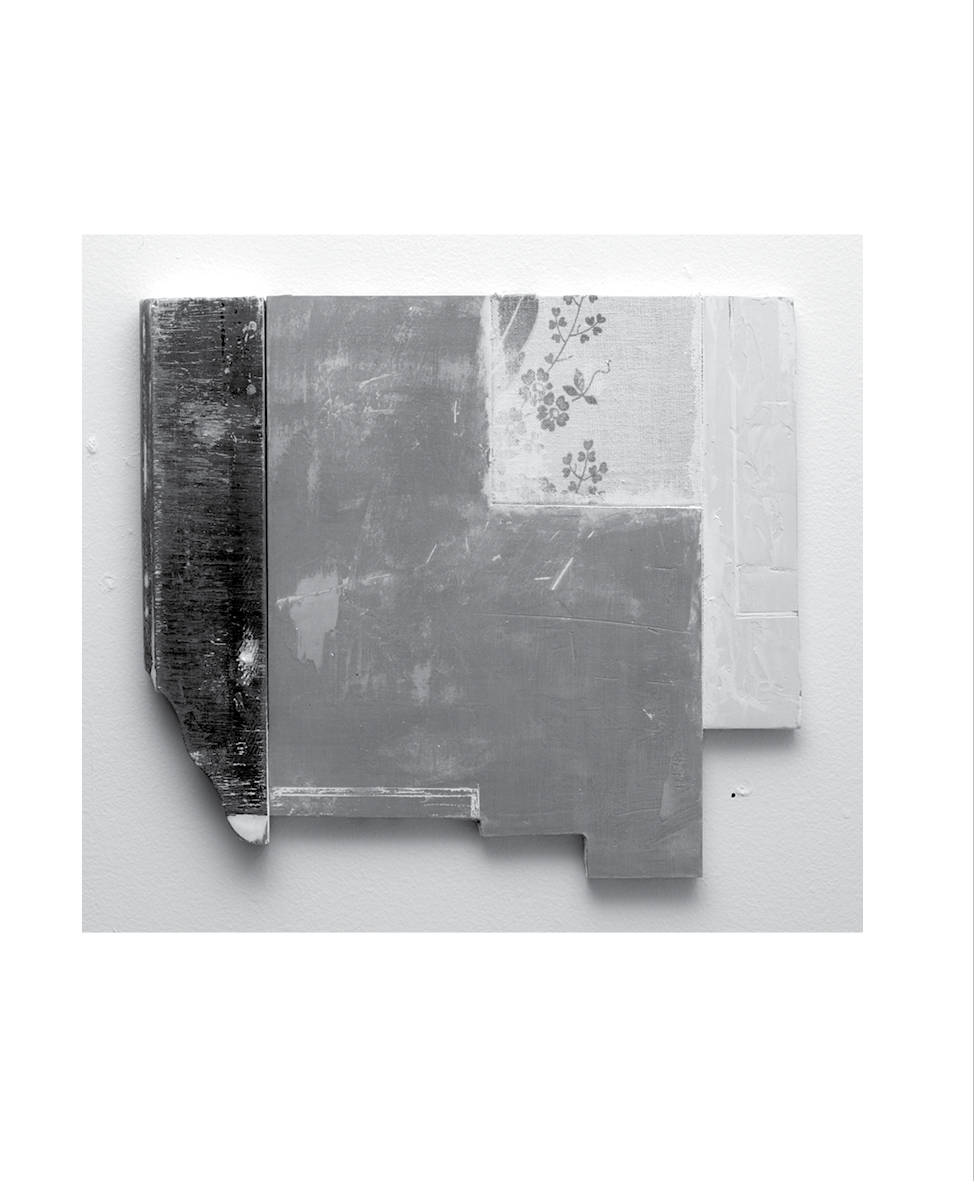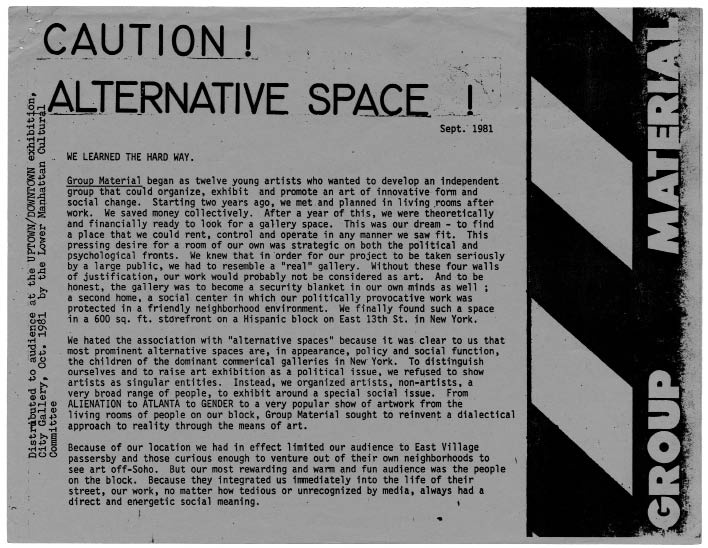Après deux décennies de globalisation politique, normative et économique, les pratiques des ONG mexicaines, ont connu un mouvement centripète puis un retour centrifuge sur le local, presque obligé. Leur projection dans des enjeux planétaires n’est pas contestable vu le nombre de militant-e-s qui ont participé aux conférences onusiennes pivotales du Caire (1994) et de Pékin (1995). Cependant elle a été suivie d’un «retour» au local brutal pour des dizaines, voire centaines d’organisations qui ont vu se tarirent la masse de grants des fondations étasuniennes et de l’USAID. Pour les grandes ONG de la capitale, il a été possible de dégager 20 à 25 % des revenus de services payants et de donner ainsi des gages de «bonne conduite» économique aux bailleurs philanthropiques. Pour l’immense majorité des ONG du pays qui participèrent à ce mouvement, le repli sur des situations précaires de sous-traitances n’a fait qu’ancrer toujours plus les militant-e-s dans les jeux politiques partisans locaux et les ont d’autant plus éloignées de l’idéal de gouvernance démocratique nord-américaine.
Mexican Gender NGOs
Following two decades of political, normative and economic globalization, the practices of Mexican NGOs went through a period of centripetal and then, almost against their will, back to centrifugal, local-centered, movement. Their role in planetary issues is undeniable, considering the number of activists who took part in the pivotal UN conferences in Cairo (1994) and Beijing (1995). But this was followed by a “return” to local affairs that was brutal for tens, or even hundreds of organizations who saw the bulk of the grants they received from American foundations and USAID dwindle. The larger NGOs, based in the capital, were able to draw 20 to 25% income from paid services and therefore give their philanthropic donors proof of “good economic behavior”. For the overwhelming majority of the country’s NGOs drawn into this movement, having to go back to precarious sub-contracting situations anchored the activists ever more in local partisan political games, and brought them even further away from the North American ideal of democratic government.




